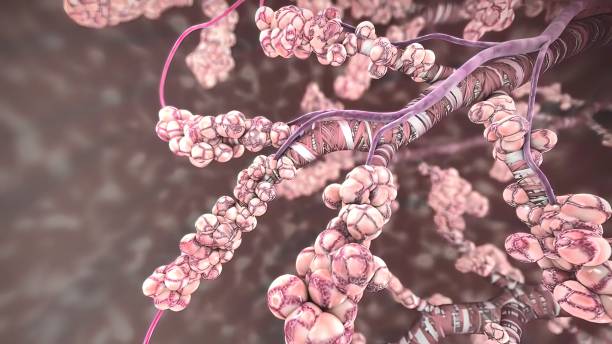Sarcoidosis is a disease condition in which the immune system overreacts and forms clumps of inflammatory cells called granulomas in various parts of the body.
Sarcoidosis may sometimes last for years, causing organ damage and may sometimes disappear on its own without treatment.
Sarcoidosis mostly affects the lungs and the lymph nodes but it also affects the eyes, skin, heart, liver, spleen, brain and other organs in the body. It is more common in black people and females than males. It rarely occurs in children as symptoms usually appear in age groups between 20 and 40.
The cause of sarcoidosis is unknown. Meanwhile, it could be as a result of certain genetic and environmental factors. The risk factors of Sarcoidosis are family history, age, sex, and race.
The symptoms of Sarcoidosis include fatigue, swollen lymph nodes, weight loss, pain and swellings in the joint, wheezing, chest pain, persistent dry cough, light/dark patches of the skin, loss of vision, eye pain, red/swollen eyes, sensitivity to light, chest pain, palpitation, heart failure, irregular heartbeat, and shortness of breath.
The complications of Sarcoidosis include kidney failure, facial paralysis, cataract and glaucoma, pulmonary fibrosis, osteoporosis, insomnia, depression and emotional irritability.
Laboratory diagnosis of Sarcoidosis includes blood tests such as kidney function tests, liver function tests, lung function tests, urine microscopy and culture, and lung biopsy.
Treatment involves the use of medications or surgery.
Visit MedBioTech for reliable blood tests.
References:
my.clevelandclinic.org
www.mayoclinic.org
www.healthline.com

